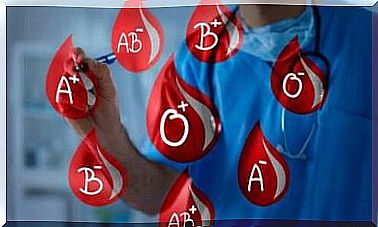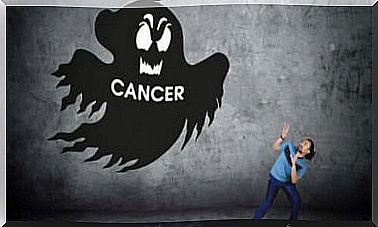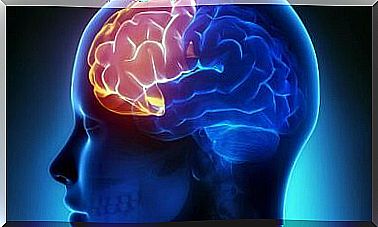Did You Know That Most Women Don’t Know The Symptoms Of A Heart Attack?
As the symptoms of a heart attack can be mistaken for other conditions, it is essential to be vigilant and, when in doubt, to see a specialist or go to the emergency room.
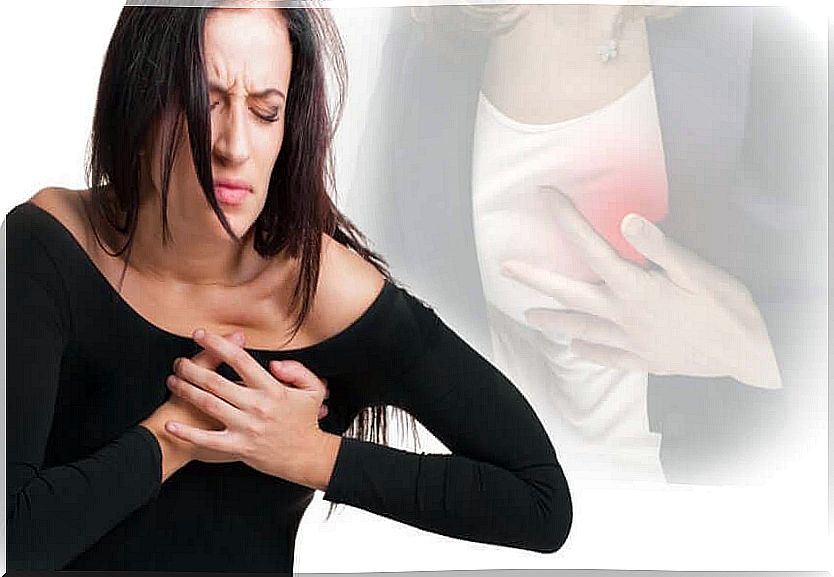
Many studies have shown that men and women have slightly different symptoms when they have a heart attack. Indeed, some signs are more common in women, which is a determining factor in acting on time in an urgent case.
One of the most worrying things for health experts is that most women don’t know what the symptoms of a heart attack are and what they can do to prevent it.
They also claim that if women do not know about its symptoms, the consequences are more serious. The person does not identify what they may be going through and finds it difficult to act appropriately.
On the other hand, the symptoms are sometimes confused with other causes that are not related to the heart. In these cases, there could be a false heart attack alert, although this could help identify other health issues.
What are the symptoms of a heart attack in women?
Since most women don’t know the symptoms of a heart attack, we take this opportunity to share some valuable information with you that you may want to consider in an emergency.
The most common signs of a heart attack in women are:
Nausea and vomiting
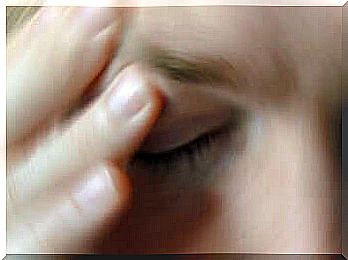
Women are up to twice as likely as men to experience symptoms such as nausea, vomiting, heartburn, or indigestion during a heart attack.
These types of warning signs are often overlooked because they are common symptoms of other less serious illnesses. However, it is important to take them into consideration, especially when they are accompanied by other symptoms.
Choking sensation, a sign of a heart attack
Suddenly, you may start to feel a severe lack of air, which can occur while resting or during normal physical activity. You may need to take more breaths and you may need to take deep breaths.
This symptom, which can also occur effortlessly, occurs when the heart is unable to pump all the blood that arrives. It therefore accumulates in the lungs and makes it difficult to breathe.
Unusual fatigue

From moment to moment, you start to feel a lack of energy which can come on immediately or which can last for several days and increase gradually.
More than half of women who have a heart attack suffer from fatigue for no reason.
Pain in the center of the chest
It is an oppressive pain that gives the impression that something is crushing the chest. It usually lasts a few minutes and can also be intermittent. It is a pain that makes you immediately alarmed, because it is something that has never been experienced before.
Discomfort in the upper part of the neck
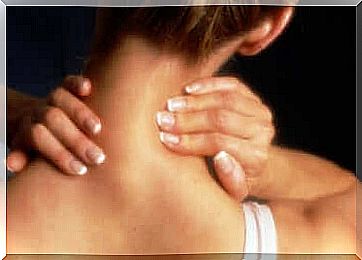
You may also experience a feeling of pain or discomfort in your back, neck or jaw. The pain can spread to the arms or the upper part of the stomach.
Other symptoms of a heart attack include:
- Extreme anxiety
- Cold sweats
- A feeling that your heart is not beating properly
- A change in the color of the skin to a pale or bluish color around the lips
- Dizziness or lightheadedness that you are not used to having
In any case, it is normal for a woman to start feeling symptoms the day before or a few hours before. Symptoms do not all occur at the same time and may appear gradually until the attack.
What to do in the event of a heart attack?
The most important thing to do in a heart attack is to act quickly before the heart is seriously or irreversibly damaged. Treatment for a heart attack is most effective when it is applied within an hour of the onset of symptoms.
If you experience prolonged chest pain, it is important to call the emergency number or have a family member take you to a medical facility immediately. Avoid trying to get to the hospital on your own, as your condition may deteriorate along the way and eventually make the problem worse.
If your symptoms go away after five minutes or come and go, it is very important to see your doctor promptly for a correct diagnosis as it could be a heart problem.
Remember, the faster you act, the less likely you are to have tragic consequences.




